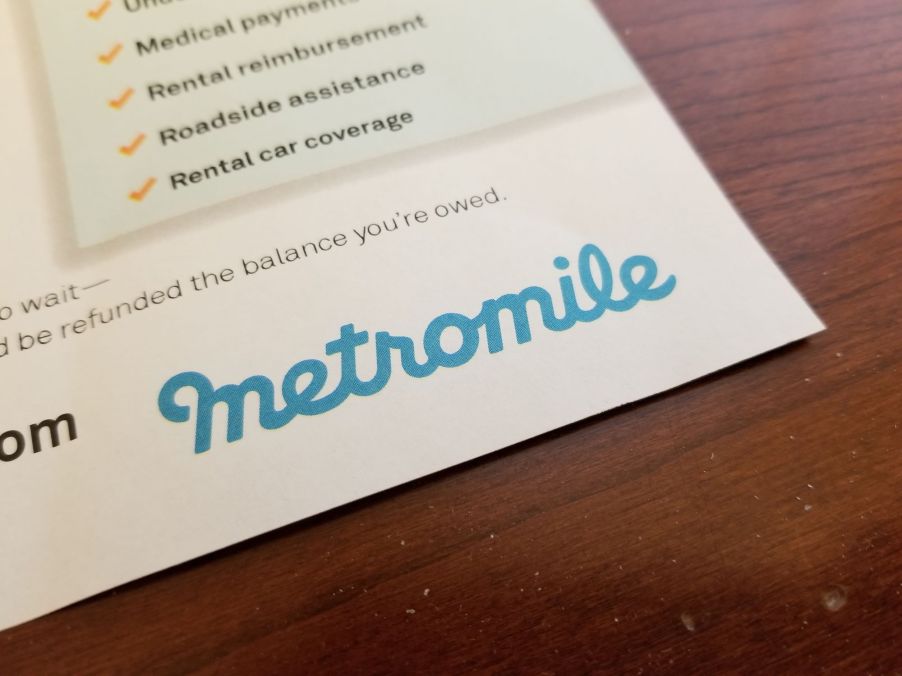
5 Car Insurance Rumors People Need to Quit Believing
Most people would be happy to pay less for their car insurance. However, it can be tough to determine what factors affect the costs of vehicle insurance. Additionally, since insurance rates can be tricky to figure out, some rumors spread misinformation. We take a look at several car insurance myths that people need to stop believing.
Myth: red cars cost more to insure than any other color

While people might think that red cars are more expensive to insure than cars in other colors, that isn’t true. Nationwide points out that the car’s make and model affect the insurance cost, but its color won’t. Bankrate says that your insurance company likely doesn’t even know what color your car is. However, one exception is that a custom paint job could increase your rate since replacing it would be more expensive.
Myth: your credit doesn’t affect your car insurance rates
This is true in California, Hawaii, and Massachusetts, where credit scores cannot increase car insurance rates. However, credit history does affect insurance rates in most states, although a few states restrict how credit information can be used.
People with no or low credit scores could be paying twice as much in some states, says ValuePenguin. That information helps show how fast you’ll be able to pay off a car loan. It’s also been found that people who have higher credit scores also have fewer car accidents, making them less expensive clients for insurance companies.
Myth: comprehensive insurance covers everything
Having comprehensive insurance might make it feel like everything would be covered, but that isn’t necessarily the case. Other types of insurance cover issues like collisions or uninsured motorists. Comprehensive insurance will help with damage caused by fire, hail, flooding, or animal collisions.
Myth: the more expensive the car, the more it costs to insure
Paying more to insure an expensive car might sound logical, but it turns out that repair costs have more of an effect on insurance rates than the purchase price does. The rates could also increase for a model with a higher loss history. These factors could mean that a mid-priced car ends up having more expensive insurance than a luxury car.
Myth: if your vehicle is totaled in an accident, your insurance will cover it
If your car is totaled in an accident, then insurance will pay out to cover the car’s full value. However, that isn’t necessarily the full amount of what is still owed on the car loan. Since cars depreciate quickly, it’s possible to owe more on the loan than the car is currently worth, says Experian.
Additionally, the insurance company subtracts your deductible amount before paying you the value of the car. Experian recommends either putting down 20% when purchasing the car or getting gap insurance to avoid driving a car where you owe more than it’s worth.
How car insurance rates are determined by insurance companies
Each state is different, and there are many factors that insurance companies use to determine rates. Some of them include your age and gender, driving record, credit history (in most states), and how many claims you’ve made. The body style, year, make, and model of the car, along with its safety features, mileage, where and how much it’s driven, and where it’s parked, are also factors, points out AutoWise.
There are also available discounts for being a good driver, having multiple policies with one insurance company, and being a good student (for teens). Insurance companies use all this information in their algorithms to calculate your rate.
Don’t believe the car insurance rumors, and you’ll be able to make more informed decisions about your insurance and how to reduce your own rates.


